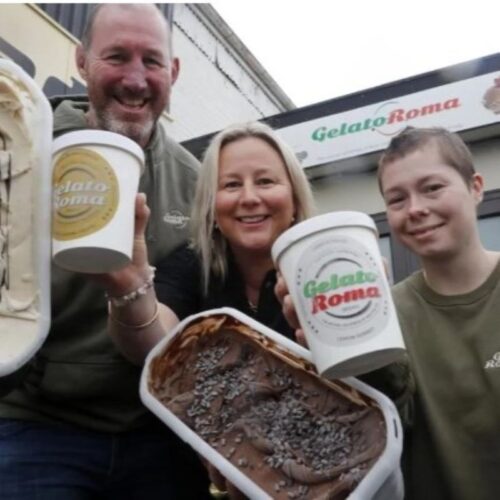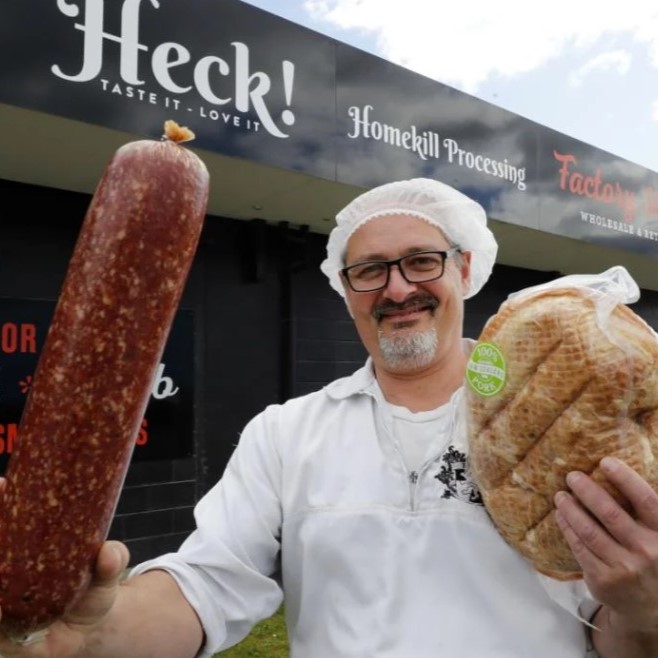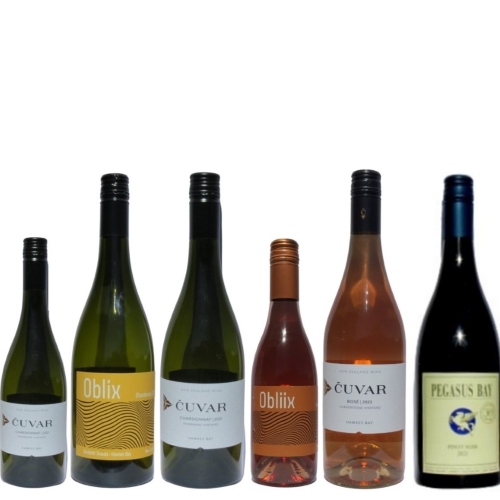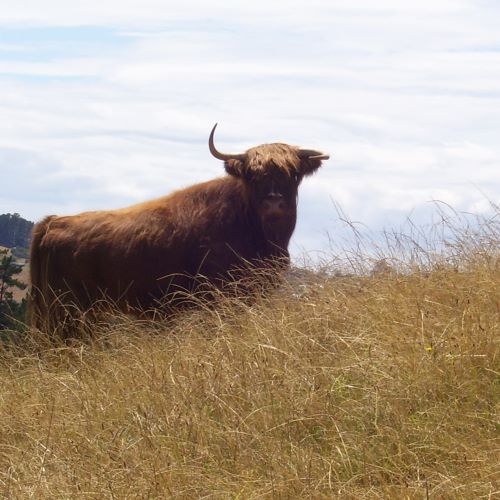
NAKED WINE – The natural wine movement
There is a worldwide trend in grape growing and winemaking, where very few or no chemicals are used in the process. This is variously called organic, natural or sustainable. However, defining those three categories is subject to a lot of discussion – both within and outside the wine making fraternity.
The word organic is obviously not copyrighted, but in NZ, BioGro trademarked organic wines are made from grapes grown under strict regulation and monitoring by BioGro’s certification process.
A more extreme and slightly controversial approach is that of the ‘biodynamic’ winemaking principles established by scientist and philosopher Rudolph Steiner, and certified by international agency Demeter. Steiner formulated biodynamics as a reaction against 19th century industrial farming, artificial pesticides and fertilisers.
He saw biodynamics as a way of incorporating care for the planet and his own (pretty odd) take on spirituality. Hence, wine growers who follow Steiner’s hard core biodynamics are obliged to plant vines according to lunar cycles, bury cow manure in cow horns (and subsequently fling a slurry of aged cow poo around the vineyard at the appropriate time).
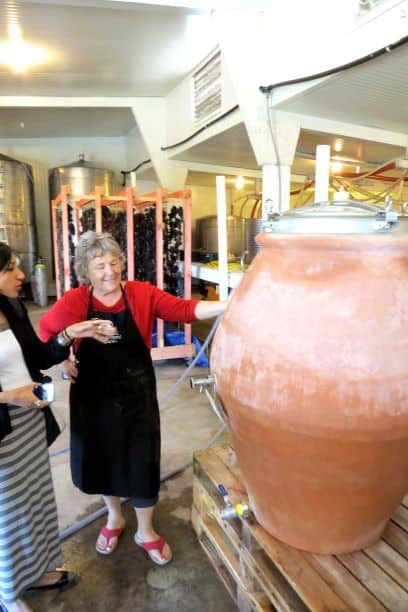
It does sound a bit batty – and if you delve deeper into Steiner’s spiritual beliefs he comes across a complete nutter. Having said that, there are some extremely good wines made in NZ according to biodynamics, including Waiheke’s Kennedy Point and The Millton winery in Gisborne.
Yet many BioGro and Demeter certified wines contain sulphur dioxide (S02) as a preservative. SO2 (preservative 220) has been used since Roman times. Egg white is essentially natural, also possibly organic, but it has been added as a clarifying (fining agent) for hundreds of years. But does it make a wine unnatural if you add an animal product to fermented grape juice?
The Natural Wine movement is credited to French winemaker Jules Chauvet. His thinking is that there must be as little human intervention as possible in growing and making wine. I.e. organic and/or biodynamic viticulture: no insecticides, no artificial fertilizers and no herbicides should ever be used on the vines.
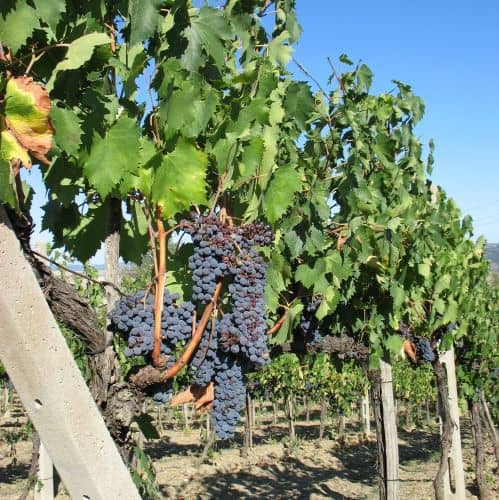 Grapes must be hand harvested, and only ‘indigenous’ or naturally occurring vineyard yeasts are permitted to ferment the pressed juice (as opposed to more reliable commercial yeasts). Then there is the vexed issue of whether or not to add SO2 to stabilise and get rid of any remaining yeasts or bacteria in the wine.
Grapes must be hand harvested, and only ‘indigenous’ or naturally occurring vineyard yeasts are permitted to ferment the pressed juice (as opposed to more reliable commercial yeasts). Then there is the vexed issue of whether or not to add SO2 to stabilise and get rid of any remaining yeasts or bacteria in the wine.
Within the natural wine movement there is wide discussion and disagreement. Some regard this as forbidden territory, and others say it is vital to give the wine longevity and preserve purity of flavour. Finally when the wine is bottled, there is generally no filtering or fining, so your wine may end up slightly cloudy or with some crust of sediment.
Sustainable Winegrowing New Zealand (SWNZ) aims to provide a ‘best practice’ model of environmental practices in both the vineyard and winery. This means using very low levels of spraying, low sulphite levels and more environmental friendly vineyard management. Many of our top vineyards are SWNZ accredited: including Pernod Ricard (Montana), Nobilo, Villa Maria, Delegats, Oyster Bay, Hunters, Mudbrick and Matua.
For more info on organic wines and who makes them, see www.organicwinenz.com
And for info on Sustainable Winemaking NZ, see www.nzwine.com/en/sustainability/swnz

